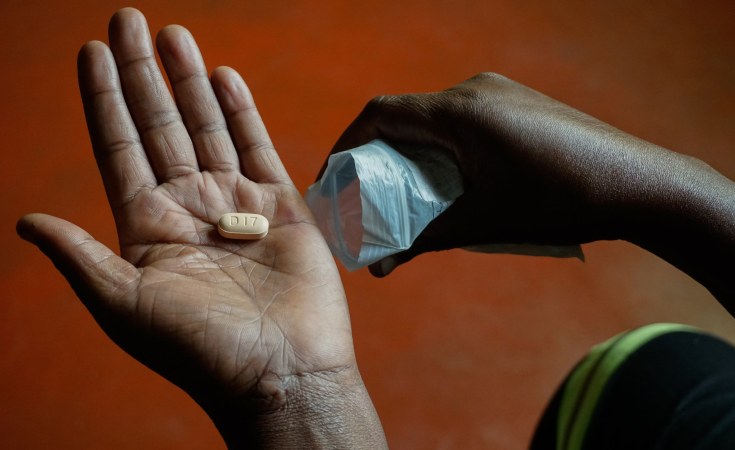Scientists are set to reveal details about the "next Berlin Patient", now recognised as the world's seventh person cured of HIV following a stem cell transplant.
This has been revealed at the ongoing 25th International Aids Conference taking place in Munich, Germany, and virtually from today until July 26.
This case marks the first HIV cure where the donor possessed a single CCR5-delta32 gene mutation, differing from previous cases involving double mutations.
Experts believe this finding holds promising implications for future research.
"We are witnessing remarkable innovation across the entire spectrum of HIV research," said Sharon Lewin, president of the International Aids Society (IAS), ahead of the presentation.
Lewin, who also serves as Aids 2024 International Co-Chair and Director of the Peter Doherty Institute for Infection and Immunity at the University of Melbourne, emphasised the need to prioritise delivery and access concerns for the advancements to have meaningful real-world impact.
"The experience of the next Berlin Patient suggests that we can broaden the donor pool for such cases, although stem cell transplantation is only used in people who have another illness such as leukaemia.
"This is also promising for future HIV cure strategies based on gene therapy, because it suggests that we do not have to eliminate every single piece of CCR5 to achieve remission," she said.
Hosted by the IAS, Aids 2024 has convened thousands of scientists, policymakers and advocates to explore the latest HIV research breakthroughs and promote a more equitable and innovative HIV response.
This year's conference aims to rally the global HIV community around the principle of prioritising people.
"In every facet of the HIV response, individuals living with and affected by HIV must not only benefit but also drive our efforts," Lewin stressed.
Christian Gaebler of Charité - Universität smedizin Berlin presented a study on the next Berlin Patient, an adult male who had both leukaemia and HIV.
After receiving a stem cell transplant for leukaemia in late 2015, the patient ceased antiretroviral treatment for HIV in late 2018. As of now, approximately five-and-a-half years later, he remains in HIV remission.
"A healthy person has many wishes; a sick person has only one," the patient, who chose to remain anonymous, said.
Meanwhile, projections by the Joint United Nations Programme on HIV/Aids (UNAids) indicate that without bold action, nearly 35 million new HIV infections and nearly 18 million Aids-related deaths could occur between 2021 and 2050.
Presented by UNAids economist Erik Lamontagne, the study estimated the human and economic toll of failing to achieve the '95-95-95' targets in 114 countries.
These targets are met when 95 percent of people living with HIV know their status, 95 percent of those aware of their HIV-positive status are on antiretroviral treatment and 95 percent of those on treatment achieve viral suppression.
Economically, the cost is projected to be $8,291 per person across all low and middle-income countries by 2050, with an average cost of inaction per capita amounting to $670.
Malawi is said to be on the cusp of meeting the targets, with Ministry of Health officials promising that the epidemic will no longer be a public health threat by 2030.
"Malawi has reduced its HIV prevalence by half, to less than eight percent of individuals aged 15-49, and is now seeing nearly one third of the number of new infections it saw ten years ago," the United States President's Emergency Plan for Aids Relief said earlier this year.


